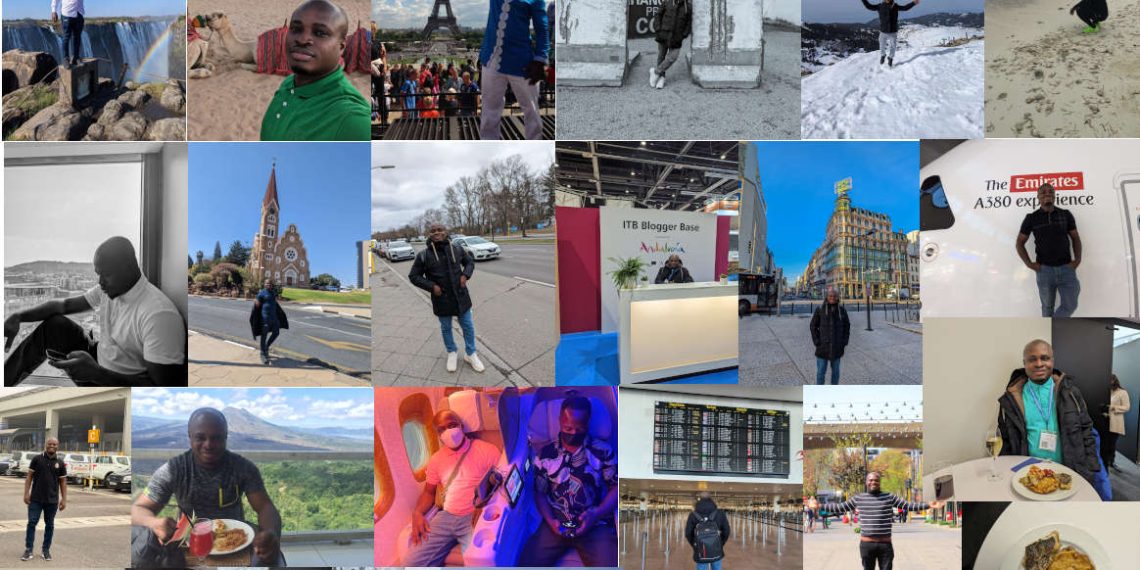In a recent interview with the BBC, Nigerian YouTuber Emdee Tiamiyu shed light on the motivations and aspirations of Nigerians seeking to study in the UK. Tiamiyu, who has gained a significant following on YouTube as a guide for scholarships and “japa-ships,” discussed the growing trend of Nigerians looking to start a new life abroad, driven by concerns over corruption and poor governance in their home country.
Tiamiyu emphasized that many individuals are actively seeking alternatives and are eager to escape Nigeria’s challenges. He highlighted the student route as a popular choice, as it provides a legal and accessible pathway for Nigerians to pursue education overseas. Tiamiyu referred to the student route as an “answered prayer” for ordinary people, as it accommodates a significant number of individuals and their families.
Nigerians accounted for a substantial portion of UK student visas last year, with approximately 120,000 visas issued, half of which were for the students themselves, and the other half for their partners and children. This made Nigerians the largest recipients of family visas for foreign students.
However, the UK government recently announced restrictions on family visas for certain post-graduate courses, such as master’s degrees. Tiamiyu acknowledged the government’s concerns, noting that some individuals were enrolling in courses primarily for the purpose of obtaining visas for themselves and their dependents. He observed that a growing number of people were using the student route as a means to secure a foothold in the UK, rather than pursuing the actual degrees.
While Tiamiyu acknowledged that most students genuinely intended to study, he highlighted a minority who saw the course as a stepping stone to a new life in the UK. With the possibility of obtaining a graduate visa or skilled worker visa after completing their studies, individuals viewed the course as a means to stay in the UK for an extended period, providing economic opportunities for themselves and their families.
Tiamiyu also touched on the economic viability for students and their families. While foreign students are limited to working 20 hours per week during term time, Tiamiyu pointed out that spouses accompanying the student on a family visa have the opportunity to work full-time, making it more financially feasible for the family as a whole.
He did acknowledge that not all marriages are genuine, and in some cases, individuals would form temporary partnerships before embarking on their journey to the UK. However, Tiamiyu stressed that the ultimate success of Nigerian students in the UK depends on their skills, experience, and genuine contributions to the job market.
Tiamiyu believes that the new restrictions may cause some individuals to reconsider the cost of a UK education if they cannot bring their children or spouse. However, he emphasized the necessity of maintaining legal migration routes to address the desperation that many people feel. Tiamiyu shared that in his interviews with young people in Nigeria, even when presented with the risks of illegal migration, many expressed a willingness to take the chance.
As the conversation surrounding immigration and education continues, Emdee Tiamiyu’s insights shed light on the motivations and aspirations of Nigerians seeking to study in the UK, offering valuable perspectives on the complex dynamics of international education and migration.
Still have some travel questions? Ask in our Travel WhatsApp Group.








